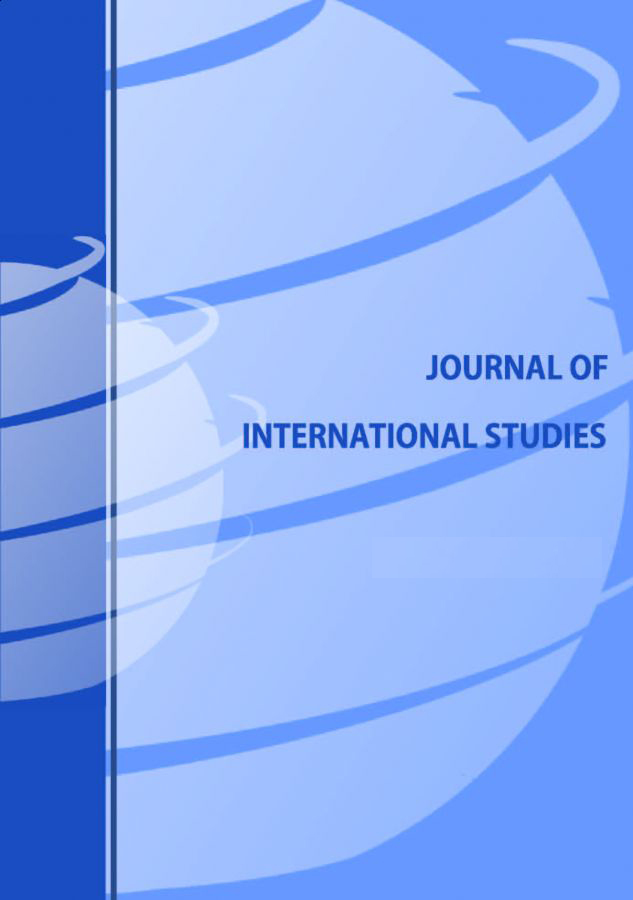Analysis of the asymmetric impacts of oil prices on food prices in oil-exporting developing countries
Analysis of the asymmetric impacts of oil prices on food prices in oil-exporting developing countries
Author(s): Daniel Francois Meyer, Kazeem Abimbola Sanusi, Adewale HassanSubject(s): Economy, International relations/trade, Methodology and research technology, Policy, planning, forecast and speculation, Transformation Period (1990 - 2010), Present Times (2010 - today)
Published by: Fundacja Centrum Badań Socjologicznych
Keywords: ARDL model; asymmetry; developing countries; food prices; oil price;
Summary/Abstract: This study focuses on the effects of oil price changes on food prices in oil-exporting developing countries between 2001 and 2014. These effects in net food-importing and oil-exporting, developing countries have not received adequate attention in literature. The methodology included the application of a non-linear panel autoregressive distributed lag (ARDL) model. The bound testing cointegration analysis of the non-linear panel ARDL specification suggests the presence of co-integration among the variables: food prices, oil price, inflation, and trade openness. The estimated non-linear panel ARDL model indicated the presence of asymmetry in the behavior of food prices solely in the long run. More specifically, in the long run, there is a significant and positive relationship between oil price increases and food prices. Meanwhile, no long-run relation is found between oil price reduction and food prices. Furthermore, the model suggests the absence of asymmetry in the behavior of food prices in the short run, as the relations between both increase and reduction in oil price and food prices are found to be insignificant. The study, therefore, recommends that oil-exporting developing countries should adjust their public policy schemes in such a way as to enable reductions in the oil price to trickle down to food prices. In addition, these countries should ensure the implementation of long-term agricultural policies aimed at insulating their economies from global food crises that may arise due to oil price increases.
Journal: Journal of International Studies
- Issue Year: 11/2018
- Issue No: 3
- Page Range: 82-94
- Page Count: 13
- Language: English

